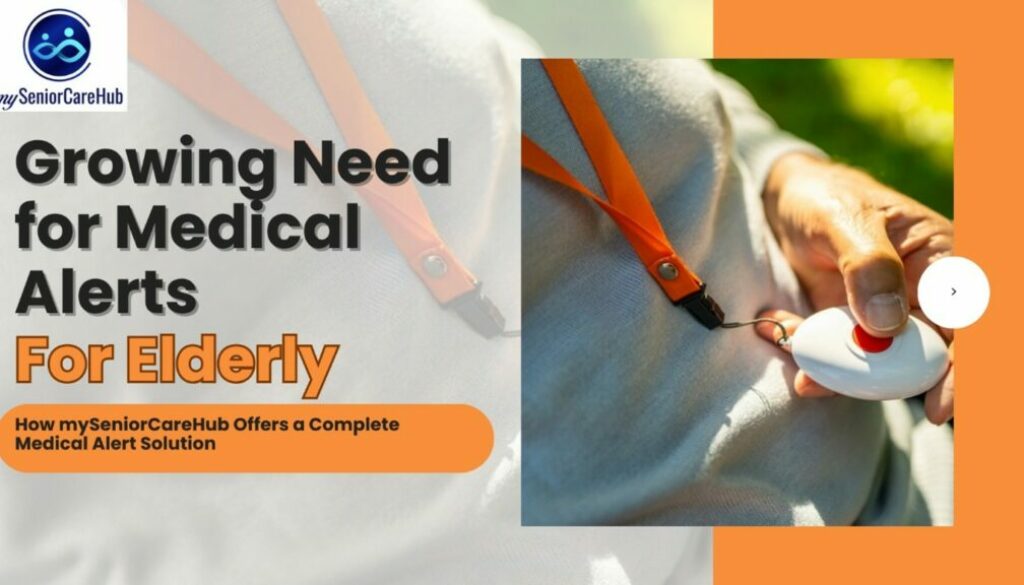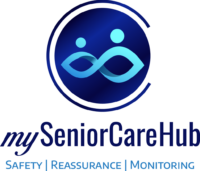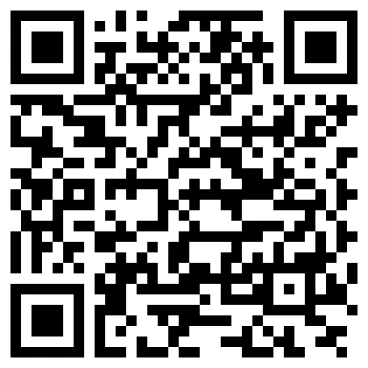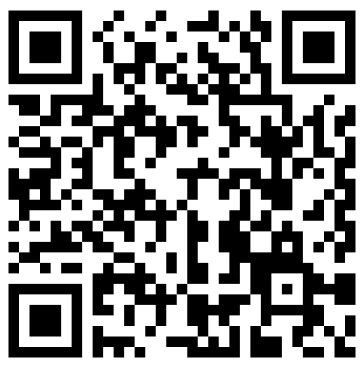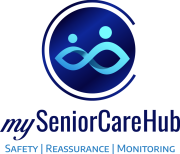Complete Guide to Medical Alert Systems for the Elderly
As people age, safety becomes a top priority. Simple accidents like falls, dizziness, or missed medications can quickly turn into emergencies if help isn’t available. For seniors who live alone—or want to maintain independence—medical alert systems have become lifesaving tools.
Today, medical alerts are smarter, lighter, and more discreet than ever, ensuring seniors can enjoy life with confidence and peace of mind.
What is a Medical Alert System?

A medical alert system is a device or service designed to connect seniors with caregivers or emergency responders instantly during a crisis.
Typical components include:
- SOS Button: Sends an immediate alert.
- Speaker & Microphone: Allows two-way communication.
- GPS Locator: Shares real-time location with caregivers.
- Automatic Fall Detection: Sends alerts even if the senior cannot press the button.
In short, it’s like having a lifeline on demand, always ready.
Different Types of Medical Alerts
Medical alert technology has evolved, offering multiple options to fit different lifestyles:
| Type | Description | Best For | Limitation |
| Pendant | Worn around the neck, one-press emergency help | Seniors who want simple, lightweight devices | Limited features |
| Wrist Device/Watch | Works like a smartwatch with SOS, fall detection, GPS | Active seniors who want health + safety | Needs charging |
| Home-Based Unit | Landline or Wi-Fi based alert device kept in the home | Seniors who rarely go outside | Limited mobility coverage |
| Mobile App (e.g., mySeniorCareHub) | Smartphone-based system with alerts, GPS, health tracking | Tech-friendly seniors & families | Requires smartphone use |
Why the Elderly Need Medical Alerts
Medical alerts are more than just gadgets—they’re lifelines. Here’s why:
- Emergency Safety – Quick response reduces risks after falls, heart issues, or accidents.
- Independence – Seniors can live on their own without constant supervision.
- Peace of Mind – Families feel reassured knowing loved ones are always connected.
- Confidence for Seniors – Freedom to move around without fear of being unattended.
- 24/7 Support – Many services connect directly to monitoring centers or caregivers anytime.
Key Features to Look For in a Medical Alert
Not all medical alert systems are equal. When choosing, make sure these features are included:
- SOS Button: One-touch emergency access.
- Automatic Fall Detection: Alerts triggered even if the senior is unconscious.
- GPS Tracking: Helps caregivers find seniors quickly.
- Two-Way Communication: Talk directly through the device.
- Health Monitoring: Advanced systems track heart rate, steps, and sleep.
- Water Resistance: Crucial for bathroom safety.
- Battery Life: Long-lasting to avoid frequent recharges.
Tip: Always choose a system that matches the senior’s lifestyle—whether active, tech-friendly, or home-based.
How mySeniorCareHub Offers a Complete Solution
Unlike traditional pendants, mySeniorCareHub provides a modern, all-in-one approach to elderly safety.
Fall Detection: Automatic alerts for fast response.
GPS Tracking: Real-time location sharing with family.
Caregiver Connectivity: Families get instant notifications and updates.
Health Monitoring: Tracks vitals, steps, and daily activity.
Easy-to-Use App + Assist Watch: Works across devices for maximum convenience.
With mySeniorCareHub, seniors get independence, while families gain reassurance that help is always within reach.
Empowering the Elderly with Safety and Independence
Medical alerts are no longer just emergency buttons—they are smart safety companions for seniors. Whether it’s a pendant for simplicity, a watch for active lifestyles, or an app like mySeniorCareHub for complete safety, the goal is the same: keeping seniors safe while preserving independence.
When choosing the right system, consider:
- The senior’s comfort with technology.
- The importance of fall detection and GPS.
- Whether they prefer a wearable or an app.
With the right medical alert, families gain peace of mind, and seniors enjoy the freedom they deserve—knowing that help is always just a button away.

